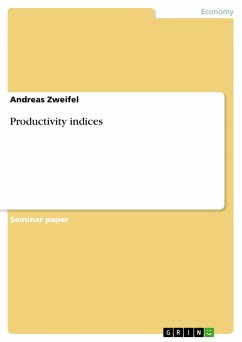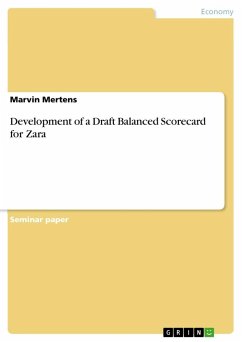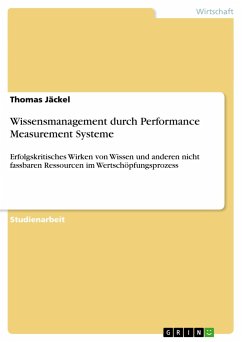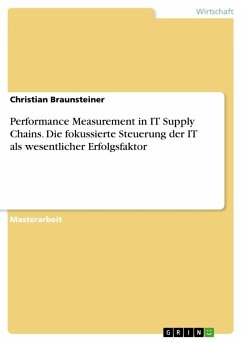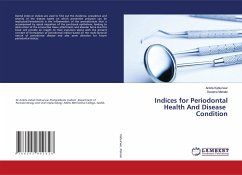Seminar paper from the year 2010 in the subject Business economics - Miscellaneous, grade: 5.50, University of Zurich (Institut für Empirische Wirtschaftsforschung (IEW)), course: Master Seminar QWG: Produktivitäts- und Effizienzmessung, language: English, abstract: Efficiency and productivity are two related concepts, which are helpful in order to describe the economic performance of production units. Whereas people have diverging notions of efficiency, we commonly agree about the meaning of productivity. The latter is a familiar and intuitive measure of economic performance that can be applied on different scales ranging from the individual worker up to whole nations (Färe et al., 2008). However, efficiency and productivity are strongly linked to each other through the various techniques by which the determinants of producer performance are measured. Efficiency can be defined as a comparison between observed and optimal values of the output and input level of a production unit (Lovell, 1993). Thereby, we may refer to the maximum output level that can be potentially obtained from a given input, or the minimum potential input level that is required to produce a given output. On the other hand, productivity is simply determined as the ratio of a producer's output to its input. There are two basic reasons to explain our interest in measuring efficiency and productivity. Most importantly, production units can be evaluated using these success indicators, which enable the comparison of the performance across production units or the performance change of a specific producer across time. Secondly, we are interested in identifying the source of efficiency or productivity differentials in order to design policies that should help to improve the performance of public and private institutions. Hence, performance measures can be useful to explore hypotheses about the effects of market structure, economic regulation or the effect of ownership on performance (Lovell, 1993). Based on this microeconomic framework, we may apply these measures to the empirical study of output growth differentials between alternative countries. Since the early approach of growth accounting that was introduced by Robert Solow (1957), many innovative methods for measuring efficiency and productivity have been developed. We can roughly distinguish between productivity indices, data-envelopment analysis and frontier production functions. This work is focused on the broad methodology of productivity indices, which includes traditional approaches as well as more developed aspects of productivity measurement based on production frontiers.

